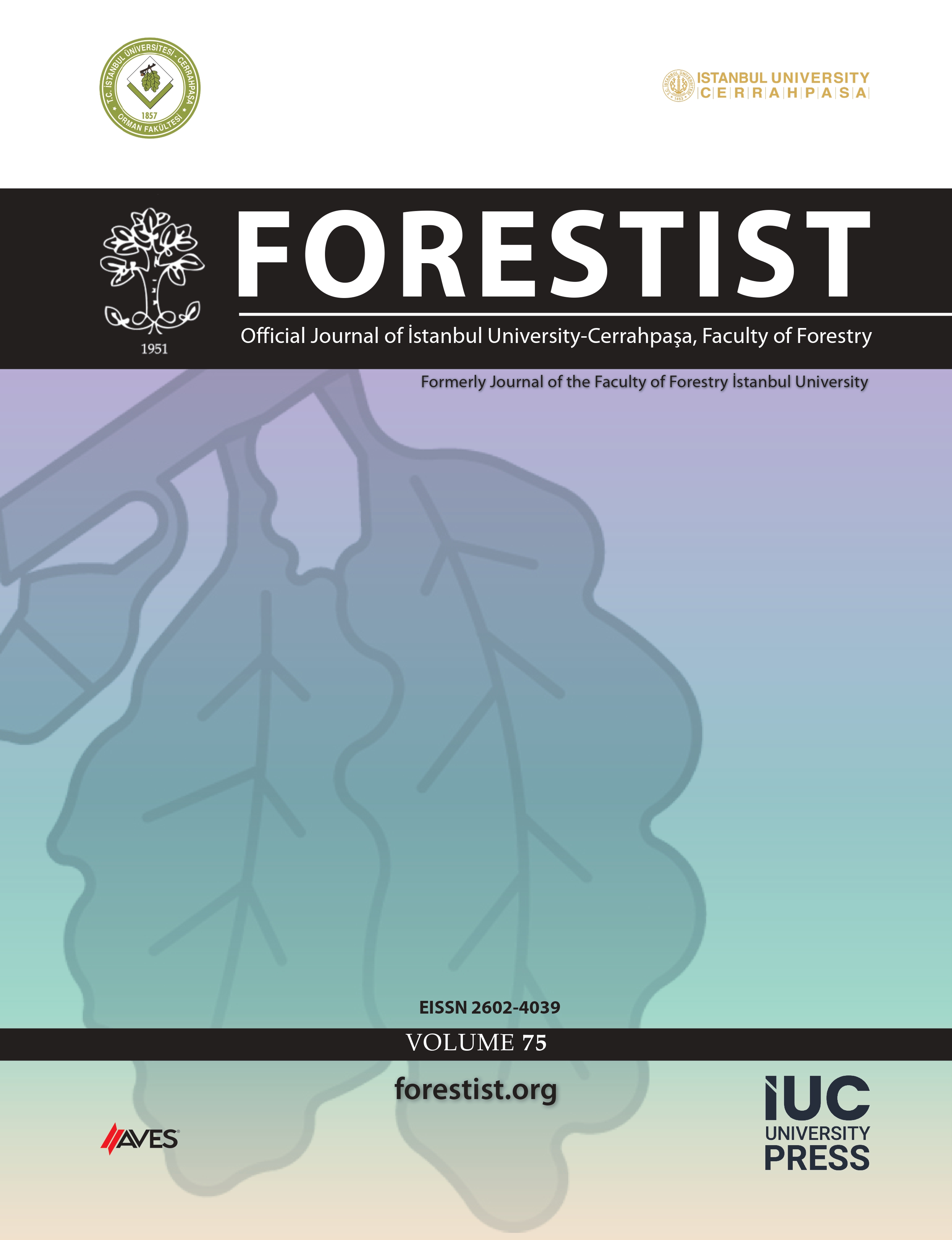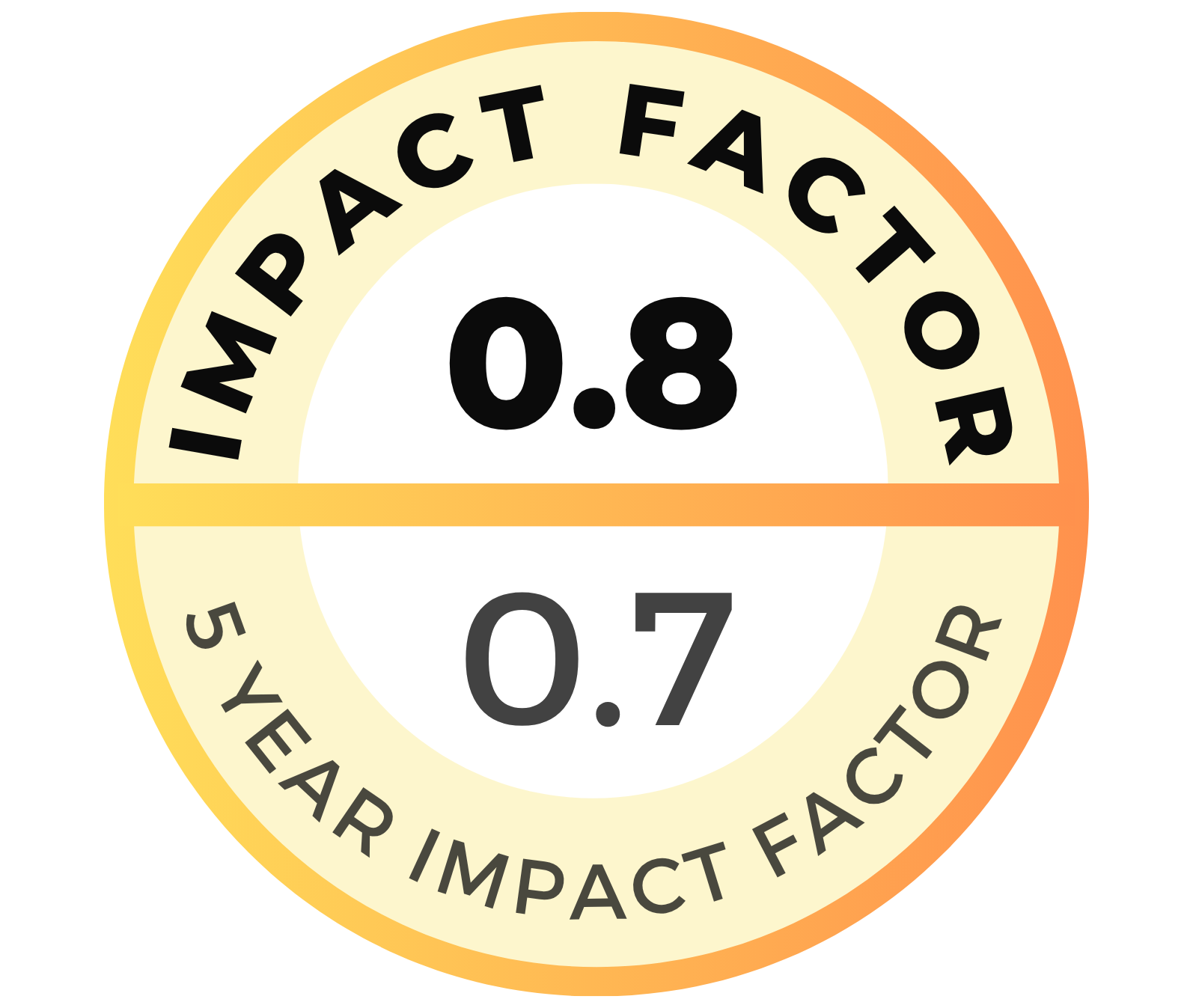The main aim of the present work is to study the in vitro antioxidant, antimicrobial, and phytochemical studies of Vernonia albicans DC (Syn. Cyanthillium albicans (DC.) H. Rob.) of the Asteraceae family. The plant was collected from Talakona forest in Chittoor District, Andhra Pradesh, India. The plant has very good medicinal values, particularly its leaves are used for skin diseases by the local tribal peoples. The plant extracts showed a significant antibacterial activity against both Gram-positive and Gram-negative bacterial strains, such as Staphylococcus aureus (Gram positive) and Escherichia coli, Klebsiella pneumonia, and Pseudomonas aeruginosa (Gram negative). The plant extracts were analyzed for the secondary metabolites such as alkaloids, terpenes, flavonoids, and phenolics, and the results were provided. The results suggest that the leaf extracts from V. albicans could be used as antimicrobial agent for treatment of various bacterial diseases.
Cite this article as: Nagendra, P., Bhakshu, L. M., Narasimha, G., & Annam Anjan Kumar, A. (2022). In vitro antimicrobial, antioxidant, and phytochemical studies of Vernonia albicance leaves, from the talakona forest of eastern ghats, India. Forestist, 72(3), 225-232.




.png)
